29th March 2023
Nationwide health survey findings
Health & wellbeing, a well-used phrase but what does it really mean? Here at Solaris Health, we’re fascinated by attitudes to health that shape behaviours, particularly in the area of rare conditions and unmet medical needs.
In 2022 we joined our sister company, Bray Leino, to commission a nationwide healthcare study of over 1,000 respondents across both consumer and core patient groups – comprising those in primary care with an ongoing medical condition and those with a rare disease or unmet medical need. This exclusive quantitative and qualitative research study – Healthcare Now – unlocks invaluable insights which can guide us in understanding people’s attitudes and behaviours around healthcare and wellbeing, and which will help inform our approach to healthcare marketing.
Through a series of thought-provoking pieces over the coming months, we’ll explore human perspectives with potential implications for brands and businesses navigating these areas. Ultimately, we’ll set out to see the world of healthcare through the eyes of those that matter.
Our survey showed a significant segment of overall responders rating health & wellbeing as important with a larger percentage of those in the rare disease or unmet medical needs group agreeing with this sentiment:

It’s understandable that the rare disease group should rate health & wellbeing so highly, but what do they mean by this phrase?
In this, the first of our Healthcare Now series, we look at what people associate with these terms and how they are inextricably linked together, sparking new thinking about how pharma can stay connected and relevant in the complex world of ‘holistic’ health & wellbeing.
Defining health & wellbeing
Our survey showed that most people tend to think of health in terms of medical, physical and mental and prioritise each fairly similarly.
‘If you manage your physical health properly you might not need to manage your medical health quite as much’, said one respondent.
However, our respondents had more difficulty defining wellbeing beyond the domain of emotions and happiness. Their responses alluded to a ‘state of being’ in relation to how we perceive our lives; one that would ideally include the presence of positive emotions and moods (such as contentment, happiness, or joy) and the absence of negative ones (anxiety, envy, or regret).
As another respondent put it:

The relationship between health & wellbeing
Historically, marketing activities have treated health & wellbeing as separate entities, and in the process run a very real risk of segmenting the latter into the realm of ‘lifestyle’. But, of course, health & wellbeing go hand-in-hand – they are two sides of the same coin. Happiness and satisfaction will be dramatically reduced for those living in constant pain, with reduced faculties, or under the shadow of serious illness. Even a mild headache or eczema flare-up can influence how happy we feel on any given day. So, thinking in terms of ‘health & wellbeing’ is misguided and missing the fundamental fact that the two are inextricably linked, and can enhance one another – there is no ‘&’ in health & wellbeing.
Wellbeing is much more than just ‘living right’. As one respondent suggested: ‘Wellbeing relates to how satisfied you are with your life’. In this context, the space in which wellbeing brands can add value to people’s lives extends far beyond the current offering. If it’s just about judging life positively and feeling good, then yes, you might exercise regularly, eat well, meditate before bed and burn therapeutically-scented candles. But are you happy and fulfilled? Do you feel mentally and physically strong? Are you satisfied in your relationships with others – do you feel connected, with a strong sense of belonging? For everyone, regardless of health status, these basic questions are important considerations.
Our research suggests that treating health & wellbeing as separate entities misses the opportunity of making valuable connections with audiences. For example, a brand of running shoes that only plays in the realm of physical fitness, is failing to acknowledge the mental uplift delivered by a run; the improved long-term mental health that a running routine facilitates; and the social wellbeing when improved body image translates to more social behaviour. This was borne out in our study: responses showed that physical exercise has become ever more essential to people’s routines with 57% undertaking some form of physical activity to help manage their mental health & wellbeing.

Health tech recognises the link between health & wellbeing
The health tech space has been trying to broaden their offer in the last few years with their own take on wellbeing. Since 2015, brands such as Fitbit, Apple and Whoop have developed devices which not only measure your walking distance and steadiness, they also analyse stress, sleep and fatigue, invite you to track your period, and remind you to meditate. This is all to prove their value beyond selling chips and sensors. Healthcare brands can learn from this and acknowledge the wider aspects of people’s lives.
We are all health consumers
When brands don’t consider the connection between health & wellbeing, they ignore the fact that patients have myriad interests and influences. Those with more serious long-term conditions are also health consumers interested in staying fit and positive in their outlook, despite medical considerations. Our respondents agreed that ‘Wellbeing is broader than health’ and it seems people intuitively understand the link between health and wellbeing: ‘There is a crossover between physical and mental…you may have an illness that can later affect your mental health – there is definitely overlap, definitely’.
For more information on how we can help you consider both health and wellbeing, contact Claire Dobbs, Solaris Health: claire.dobbs@solarishealth.com.


